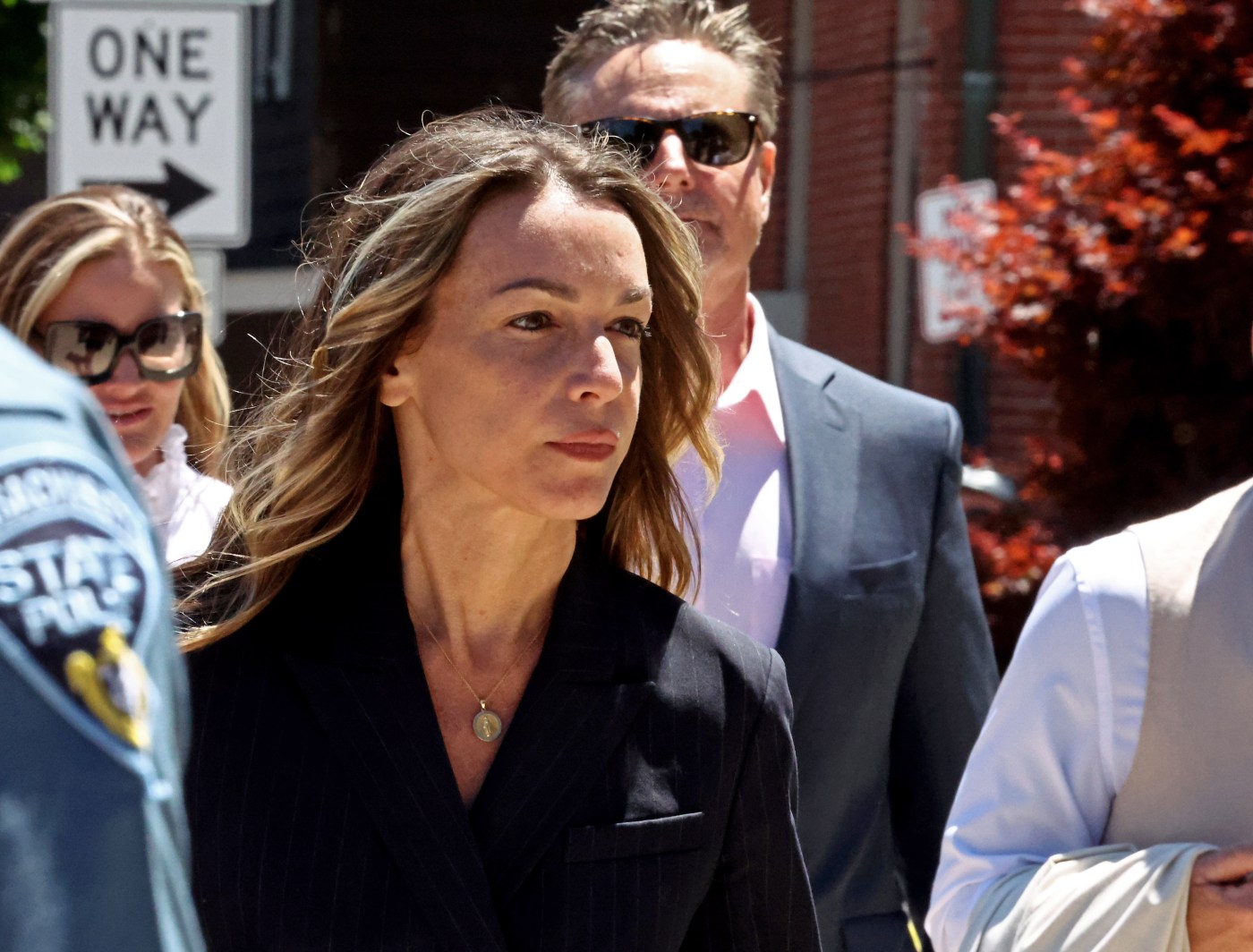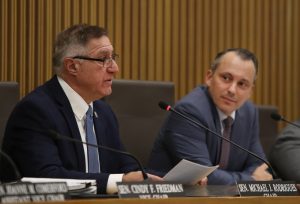
Karen Read defense team fires back at prosecution, asks for dismissal of murder charge
Karen Read’s defense team remains committed to having two of the charges against their client dropped in the new trial following alleged revelations from jurors indicating they were unanimous in acquittal on those charges.
Prosecutors filed an opposition to the motion to acquit last week, writing that “The defendant’s unsubstantiated but sensational post-trial claim that the ‘jury reached a unanimous decision to acquit’ lacks any merit or legal foundation.”
Defense attorneys have fired back in their latest filing to support their motion to dismiss the charges of second-degree murder and leaving the scene of an accident causing death.
“(W)hether the jury acquitted Ms. Read or, alternatively, was merely not deadlocked on the relevant counts, the Constitution compels the same result: dismissal,” defense attorneys wrote after a review of case law on constitutional protections against Double Jeopardy.
“Given the unambiguous post-trial evidence, it would simply be wrong to require the defendant to obtain two acquittals from two different juries for the same crime,” the filing continues. Attorneys in their earlier filings said that they were told by four jurors that the jury was unanimous in the decision to acquit on the two charges and were only hung on the manslaughter charge.
The defense attorneys say that the prosecution’s opposition is “perhaps, most notable for what it does not dispute: … the jury had reached a unanimous decision that Ms. Read is not guilty on two of the three charges pending against her.”
Read, 44, of Mansfield, is charged with second-degree murder, motor vehicle manslaughter and leaving the scene of a collision causing death. The charges stemmed from the death of John O’Keefe, a 16-year member of the Boston police force and Read’s boyfriend of two years, in the early morning of Jan. 29, 2022.
Norfolk Superior Court Judge Beverly Cannone called a mistrial on July 1, the fifth day of deliberations, during which jurors in the nine-week trial sent three notes indicating they were at an impasse. The case is next scheduled for a hearing on July 22, where this motion will likely be argued and a new trial date set.
The defense said that contrary to claims in the opposition, “the defense was provided no opportunity to be heard regarding the declaration of a mis-trial” before it was declared.”
“(T)he jury’s note did not ‘explicitly indicate an impasse on all charges,” the attorneys write in the filing. “To the contrary, it was readily susceptible to the interpretation, proven correct based on information received post-trial from deliberating jurors, that the deadlock applied only to the multiple offenses included within Count 2 and not to Counts 1 and 2.”
Jurors were able to consider “lesser included charge” options under the manslaughter indictment: involuntary manslaughter and motor vehicle homicide.
“In essence, the Commonwealth’s contrary position asks this Court to close its eyes to the possible (or even, as here, very likely) existence of partial unanimous verdicts on some, but not all, separately charged counts to avoid ‘the risks of juror coercion,” the defense wrote.
Prosecutors in the Friday opposition filing also linked the defense’s request for a Tuey-Rodriguez warning — a model speech a judge gives a jury to spur them into deliberative action — following the jury’s second impasse note to that of welcoming the mistrial.
“The Commonwealth responded that the jury had not had sufficient time to deliberate and requested that the jury be instructed to continue their deliberations,” the prosecution’s filing states. “On the contrary, Attorney David Yannetti argued ‘we believe that there has been sufficient time’ and advocated for the jury to be declared deadlocked and provided the Tuey-Rodriguez instruction.”
The defense says that link isn’t true.
“The Commonwealth’s attempt to shift blame to the defense overlooks the blackletter rule that the prosecution alone bears the ‘heavy’ burden of establishing manifest necessity for a mistrial,” they write in the latest filing. “The defense’s request for a Tuey-Rodriguez instruction did not, of course, reflect any implicit concession that the jury was deadlocked on all counts, nor did it commit the defense to any position regarding whether the court should … declare a mistrial.”


